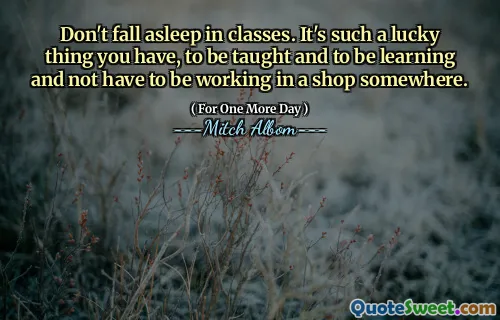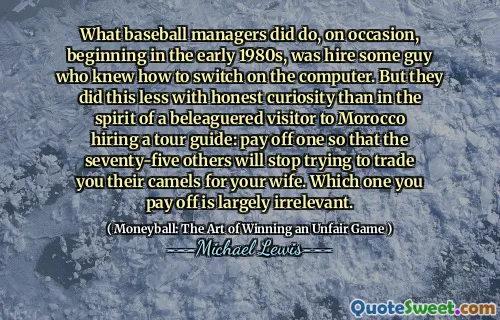
Facing poverty is better than living in poverty and by facing poverty you can overcome it at one point.
This quote highlights a powerful mindset shift when dealing with adversity, particularly poverty. It suggests that acknowledgement and confrontation of challenges are superior to avoidance or resignation. Living in poverty often implies enduring conditions passively, leading to stagnation or even despair. In contrast, facing poverty implies an active engagement with the reality and difficulties of the situation, which can empower individuals to seek solutions and pathways out of hardship.
This perspective underscores the importance of courage and resilience. Poverty, while harsh and limiting, does not have to be a permanent state if it is addressed directly and with determination. The quote encourages a proactive stance—recognizing problems without denial and taking steps, no matter how small, to improve one's circumstances. It harmonizes with the broader idea that adversity can be overcome when confronted head-on rather than ignored.
Moreover, this outlook aligns with broader themes of hope and personal agency. It suggests a temporal dimension where current struggles do not define the entirety of one’s existence. By facing poverty, an individual taps into an inner strength and capacity to shape their future differently. The mention of overcoming poverty "at one point" introduces the idea of gradual progress and eventual liberation from hardship, which can inspire perseverance.
Overall, the quote serves as both a motivational reminder and a call for realistic, honest awareness of one's difficulties paired with the determination to improve one’s situation. It resonates deeply in social, psychological, and even spiritual contexts, promoting a mindset that can transform despair into hope and action.











